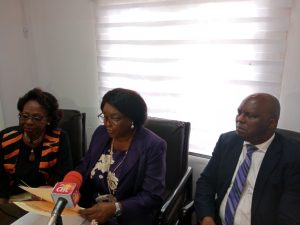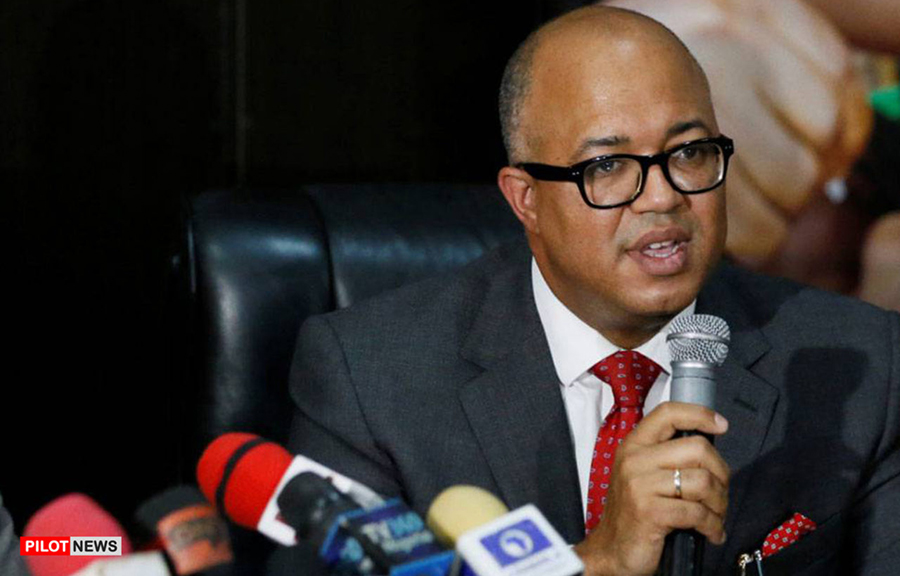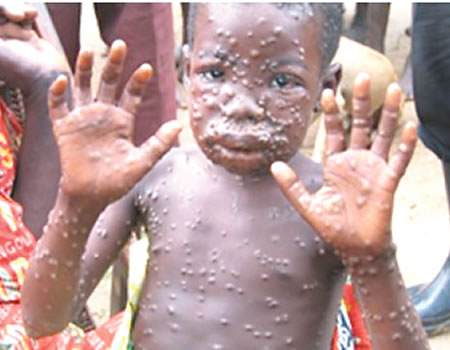54-year-old singer, Celine Dion, has revealed, that she is suffering from an incurable disease called, Stiff Person Syndrome (SPS), which causes her muscles to tense uncontrollably.
The condition leaves sufferers as “human statues” as it progressively locks the body into rigid positions, ultimately leaving people unable to walk or talk.
While there is no cure for the condition, there are treatments to slow down the progression, with Celine revealing she is doing all she can to minimise symptoms.
In a tearful Instagram post shared today, Celine revealed it has forced her to cancel her European show.
Celine Dion said: “Hello everyone, I’m sorry it’s taken me so long to reach out to you. I miss you all so much and can’t wait to be on stage talking to you in person.
“As you know I’ve always been an open book and I wasn’t ready to say anything before but I’m ready now.
“I’ve been dealing with problems with my health for a long time and it’s been really difficult for me to face my challenges and to talk about everything that I’ve been going through.
“Recently I’ve been diagnosed with a very rare neurological disorder called the stiff person syndrome which affects one in a million people.
“While we’re still learning about this rare condition, we now know this is what’s been causing all the spasms I’ve been having.
“Unfortunately, these spasms affect every aspect of my daily life, sometimes causing difficulties when I walk and not allowing me to use my vocal chords to sing the way I’m used to.
“It hurts me to tell you today that this means I won’t be ready to restart my tour in Europe in February.
“I have a great team of doctors working alongside me to help me get better and my precious children who are supporting me and giving me help.
“I’m working hard with my sports medicine therapist every day to build back my strength and my ability to perform again but I have to admit it’s been a struggle.
“All I know is singing. It’s what I’ve done all my life and it’s what I love to do the most.
“I miss you so much. I miss seeing all of you being on the stage performing for you. I always give 100 percent when I do my show but my condition is not allowing me to give you that right now.
“For me to reach you again I have no choice but to concentrate on my health at this moment and I have hope that I’m on the road to recovery.
“This is my focus and I’m doing everything I can to recuperate.
“I want to thank you so much for your wishes and love and support on my social media. This means a lot to me. Take care of yourselves. Be well. I love you guys so much and I really hope I can see you again real soon.”
Celine first hinted at her health woes in January when she cancelled the North American dates of her Courage world tour from March 9 to April 22.
She was forced to scrap the shows by “severe and persistent muscle spasms,” according to a press release posted to her website.
The announcement came three months after she had to cancel the start of her Las Vegas comeback residency over the same health issue.
A statement on her website said that Celine “recently has been treated for severe and persistent muscle spasms which are preventing her from performing, and her recovery is taking longer than she hoped.”
See video below;
View this post on Instagram
![[Video] Celine Dion cancels show due to incureable disease](https://thenewsguru.ng/wp-content/uploads/2022/12/127930391_gettyimages-686513352.jpg)





